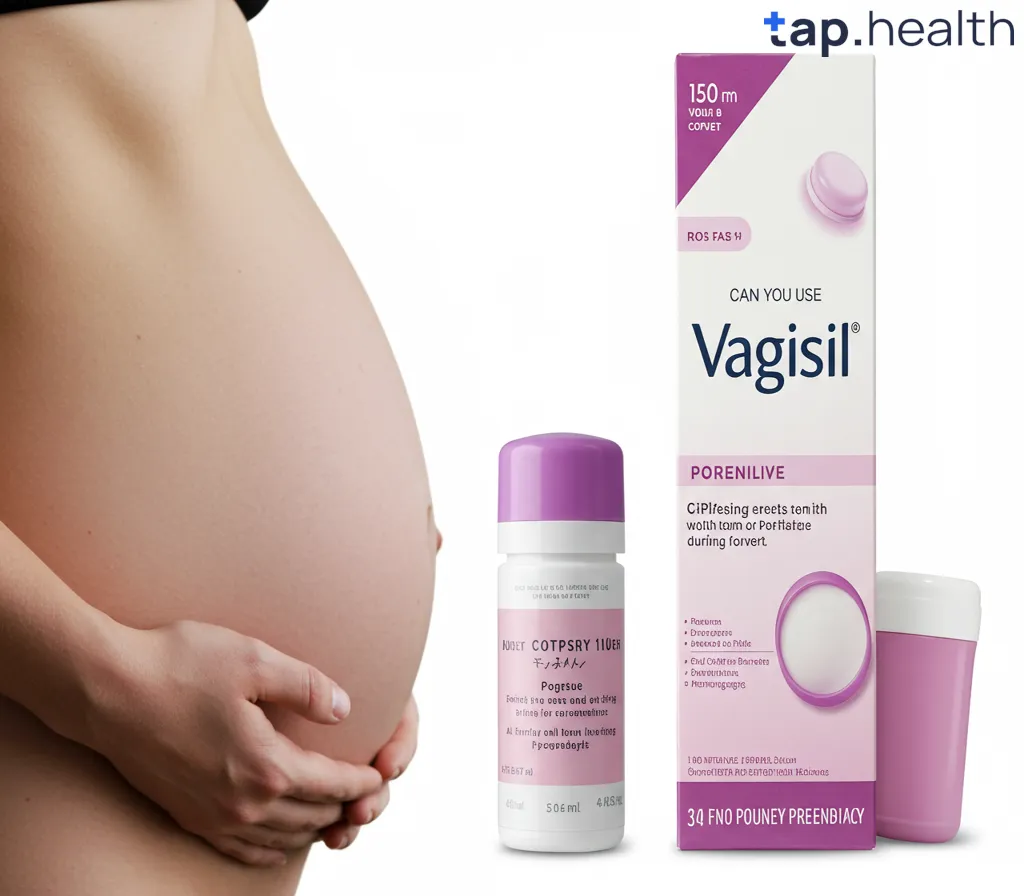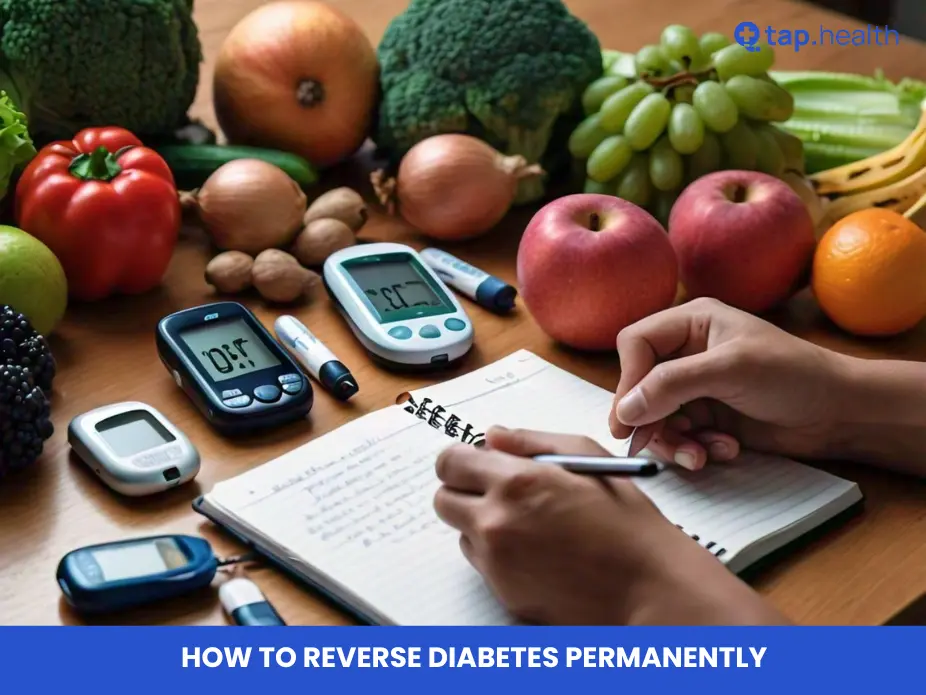Pregnancy brings many changes to your body, and one area that often requires special attention is feminine hygiene. Many women rely on products like Vagisil for relief from common vaginal issues such as itching, odor, and irritation. However, during pregnancy, it’s essential to be cautious about what you put on your body to ensure both your safety and that of your baby. One common question is: “Can you use Vagisil during pregnancy?”
In this post, we’ll discuss whether Vagisil is safe to use while pregnant, what the potential risks and benefits are, and explore alternative options for managing feminine hygiene during pregnancy. We’ll also cover other important factors to consider when choosing products for your vaginal health during this special time.
What is Vagisil?
Vagisil is a brand that offers a range of products designed to manage feminine health issues, including itching, irritation, and odor. Some of the most popular Vagisil products include:
- Vagisil Anti-Itch Cream
- Vagisil Feminine Wash
- Vagisil Odor Blocker
These products typically contain ingredients like benzocaine (a topical anesthetic), clotrimazole (an antifungal), and various soothing agents designed to relieve itching and discomfort in the vaginal area.
While Vagisil is widely used for common vaginal health issues, you may wonder whether these products are safe for use during pregnancy. Let’s dive into the specifics of using Vagisil while pregnant.
Is It Safe to Use Vagisil During Pregnancy?
The general answer is that Vagisil is considered safe to use during pregnancy for most women, but there are some important caveats to keep in mind. Whether or not a product is safe during pregnancy often depends on its ingredients and how your body reacts to them during this time.
Key Ingredients in Vagisil and Their Safety During Pregnancy
Let’s take a closer look at some of the most common ingredients found in Vagisil products and whether they are safe to use during pregnancy.
1. Benzocaine
Benzocaine is a local anesthetic that works by numbing the area to provide relief from itching and irritation. It is often found in Vagisil’s anti-itch creams.
- Safety During Pregnancy: Benzocaine is generally considered safe for short-term use during pregnancy. However, overuse or prolonged exposure to high doses should be avoided. In rare cases, excessive use of benzocaine can cause a condition called methemoglobinemia, which reduces the ability of blood to carry oxygen. This condition is very rare, but it’s a good idea to use benzocaine-containing products sparingly and consult your healthcare provider before using them.
2. Clotrimazole
Clotrimazole is an antifungal used to treat vaginal yeast infections. Some Vagisil products, such as the Vagisil Yeast Infection Treatment Kit, contain this ingredient.
- Safety During Pregnancy: Clotrimazole is generally considered safe to use during pregnancy, especially for treating yeast infections. It is classified as a Category C medication by the FDA, meaning it has not been fully tested on pregnant women. However, it has been found to be safe for topical use when prescribed by a healthcare provider. Always check with your doctor before using any antifungal treatment during pregnancy.
3. Fragrances and Dyes
Some Vagisil products, like feminine washes and wipes, may contain fragrances and artificial dyes.
- Safety During Pregnancy: It’s best to avoid products with strong fragrances or artificial dyes during pregnancy, as they can irritate the sensitive skin of the vaginal area. These ingredients can also cause allergic reactions or increase the risk of infections in some women. If you’re prone to sensitivity, look for fragrance-free or hypoallergenic alternatives.
4. Other Soothing Ingredients
Vagisil products often contain soothing ingredients like aloe vera, vitamin E, and glycerin. These ingredients are typically safe during pregnancy and can help moisturize and calm irritated skin.
When Should You Avoid Using Vagisil During Pregnancy?
While Vagisil products are generally safe, there are certain situations where you should avoid using them during pregnancy:
1. If You Have a History of Sensitivities or Allergies
If you have a history of sensitivity or allergic reactions to certain ingredients, such as fragrances, dyes, or preservatives, you should be cautious when using Vagisil. Some pregnant women experience increased skin sensitivity, which could make them more prone to reactions.
2. In the Case of a Severe Vaginal Infection
If you are dealing with a severe vaginal infection (such as bacterial vaginosis or a more serious yeast infection), it’s important to consult your doctor. While Vagisil can help with mild irritation, a serious infection may require a prescription medication that is specifically designed for your condition.
3. If You Are Using Other Medications
If you are already using other medications for vaginal health, such as a prescribed antifungal or antibiotic, be cautious when using Vagisil products. Over-the-counter treatments may interfere with prescribed medications or cause unwanted side effects. Always check with your doctor or pharmacist before combining treatments.
Natural Alternatives to Vagisil During Pregnancy
If you are looking for natural or gentler alternatives to Vagisil during pregnancy, there are several options available for managing common vaginal health issues:
1. Coconut Oil
Coconut oil has natural antifungal and antibacterial properties, making it a great natural remedy for vaginal irritation and yeast infections. It is generally considered safe for use during pregnancy and can be applied directly to the affected area to soothe itching and inflammation.
2. Probiotics
Taking probiotics can help balance the natural bacteria in your vagina and prevent yeast infections and bacterial vaginosis. Foods like yogurt, kefir, and sauerkraut, or probiotic supplements, can support vaginal health and reduce the need for over-the-counter treatments.
3. Aloe Vera
Aloe vera has soothing and anti-inflammatory properties that can help calm irritated skin. It is safe to use during pregnancy and can be applied to the vaginal area to relieve itching or discomfort. However, make sure to use pure aloe vera gel without added fragrances or chemicals.
4. Water and Apple Cider Vinegar Rinse
A gentle rinse with diluted apple cider vinegar and water can help restore the natural pH balance in the vagina. This remedy may help reduce itching and irritation caused by infections. However, you should only use this solution occasionally and avoid internal use.
5. Mild, Fragrance-Free Soap
Using a mild, fragrance-free soap to cleanse the vaginal area can help prevent irritation. Avoid douching or using strong, scented feminine hygiene products, as these can upset the pH balance and increase the risk of infections.
When Should You Consult a Doctor About Vaginal Issues During Pregnancy?
While Vagisil and other over-the-counter products can help with minor vaginal discomfort, there are times when you should reach out to your healthcare provider:
1. If You Experience Unusual Symptoms
If you notice symptoms like unusual discharge (green, yellow, or foul-smelling), excessive itching, or burning, it may indicate an infection or other underlying issue. A healthcare provider can provide the right diagnosis and recommend treatment.
2. Persistent or Severe Discomfort
If your symptoms persist or worsen, it’s important to consult with your doctor. Severe itching, burning, or pain could be a sign of a more serious infection, such as bacterial vaginosis or a urinary tract infection (UTI), that requires professional treatment.
3. If You Have Questions About Safe Medications
If you are unsure about whether Vagisil or any other product is safe to use during pregnancy, speak with your doctor or pharmacist. They can provide personalized advice based on your medical history and specific needs.
Real-Life Scenario
A pregnant woman in her second trimester experiences vaginal itching due to hormonal changes. She considers using Vagisil, seeing it as a quick solution. She reads the packaging but notices it doesn’t explicitly say it’s safe for pregnancy. Unsure, she wonders whether using it could harm her baby.
Expert Contribution
Gynecologists and obstetricians advise avoiding over-the-counter topical creams like Vagisil during pregnancy unless prescribed. They suggest that most common causes of vaginal itching during pregnancy—such as yeast infections or irritation from increased discharge—can be safely treated with pregnancy-safe alternatives.
Dr. Jane Smith, an OB-GYN, says:
“Pregnant women should consult their healthcare provider before using any vaginal cream. Many symptoms can be safely managed with natural remedies, hygiene measures, or medications that are approved for pregnancy.”
Recommendations Grounded in Proven Research and Facts
- Consult a healthcare provider first: Always check with your OB-GYN before using Vagisil or similar products.
- Identify the cause: Vaginal itching may be due to yeast infections, bacterial imbalance, or irritation; treatment depends on the cause.
- Safer alternatives:
- Plain water or mild, unscented soap for cleaning
- Cotton underwear to reduce irritation
- Pregnancy-safe antifungal creams if diagnosed with yeast infection
- Cold compresses to soothe itching
- Avoid scented or medicated products unless approved by a doctor
- Maintain good hygiene: Wipe front to back, avoid tight synthetic clothing, and stay hydrated
FAQ on Can You Use Vagisil During Pregnancy?
1. Can you use Vagisil during pregnancy?
Yes, Vagisil products that contain safe ingredients like benzocaine, clotrimazole, and soothing agents are generally considered safe during pregnancy. However, you should consult your healthcare provider before using any product to ensure it’s right for you.
2. Is Vagisil safe for yeast infections during pregnancy?
Vagisil products containing clotrimazole can be used for treating yeast infections during pregnancy, but it’s important to talk to your doctor first. They can recommend the best course of action and make sure you’re using the right product for your condition.
3. Are there any risks of using Vagisil while pregnant?
While Vagisil is usually safe, overuse or prolonged application of products like benzocaine should be avoided. Some women may experience irritation or allergic reactions to fragrances or other ingredients. Always check with your healthcare provider before using any new product.
4. What are some natural alternatives to Vagisil during pregnancy?
Natural alternatives include using coconut oil for its antifungal properties, aloe vera for soothing irritated skin, and probiotics to help maintain healthy vaginal flora. Always consult your doctor before trying any natural remedies.
5. When should I see a doctor about vaginal health during pregnancy?
You should see your doctor if you experience unusual symptoms like severe itching, discharge, or pain, or if your symptoms persist despite using over-the-counter products. A doctor can help diagnose and treat any underlying conditions, such as infections.
In conclusion, Vagisil is generally considered safe to use during pregnancy for relieving minor vaginal discomfort, but it’s essential to check with your doctor before using any product. If you’re looking for natural alternatives or have concerns about vaginal health during pregnancy, there are several options available. Always prioritize your safety and consult with a healthcare professional for personalized advice.



